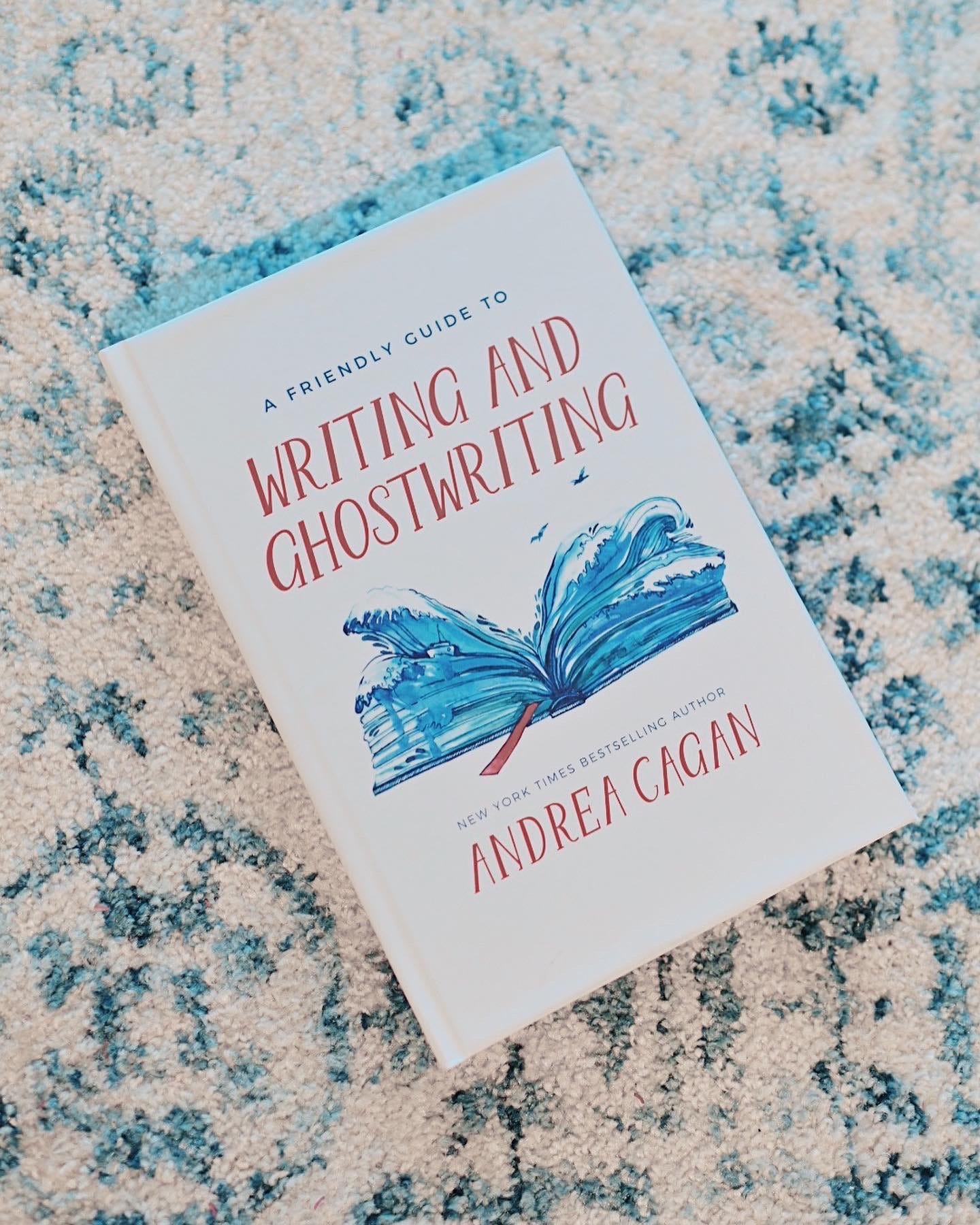More On: The Fine Art of Collaboration: Excerpt from my book: A Friendly Guide to Writing and Ghostwriting
Ghostwriting is always demanding, no matter who your client is, but when a celebrity and big bucks are involved, it gets tougher with numerous people to please and horiffic deadlines to meet. When I finally began to get my name on the cover as a “with,” I faced a whole new set of challenges as the various publishers proved to be experts at finding creative methods to downplay me as if I didn't exist.
Let me count the ways:
1. The first time my contract stipulated that my name would appear on the cover, the publisher printed it in gray letters against a black background. My client made them change it but it showed me how publisher try to hide the ghostwriter.
2. My name was printed in such a tiny font, you needed a microscope to see it.
3. My name was omitted on the bestseller lists.
4. A news anchor covered my name with tape when she was promoting her book on a popular TV talk show.
Number four felt exceptionally cruel. Ego shattering. I picked up the phone and complained to her agent that she had virtually erased me, but he barked at me, “Stop making trouble. She has to go on a book tour and she doesn't need any distractions.”
I had shifted from writing her book to becoming a distraction and there was no one to blame. Not even myelf. I couldn't play the victim. I had signed on the dotted line and this was my job description. It was nobody’s fault that I was battling feelings of being used, abandoned and undervalued so I had to deal with it myself. But I found encouragement in unexpected places.
I was writing for Wendy Walker, Larry King’s executive producer for seventeen years, formerly a member of the White House Press Corps, when she told me about a placard that sat on President’s Reagan’s desk:
THERE IS NO LIMIT TO WHAT A MAN CAN DO
OR WHERE HE CAN GO
IF HE DOESN’T MIND WHO GETS THE CREDIT.
I took that to heart. I cooled down and began to appreciate the fact that I had found a way to meet extraordinary people and get paid to do what I liked best – writing. I came to terms with doing the research and organization, writing in someone else’s voice, taking the brunt of the editor’s comments, making the corrections and then disappearing. I was making a good living and gaining knowledge and experience, not only in writing, but in the particular arena in which each client excelled. When I’m writing for someone else, if he or she is outstanding in their field, no matter what it is, I have an opportunity to learn something from a pro. That’s always interesting.
Over the years, I wrote bestsellers for movie stars, rock and rollers, divas, royalty, news anchors, fitness experts, animal trainers, makeup mavens, motivational speakers, self-help gurus, and a whole lot more. I came to see the work as a gift, relieved that unlike my client of the moment, I didn't have to show up at endless book signings, go on punishing publicity tours and sleep in different hotels every night. I’d done enough of that in the ballet. I learned to live with the lack of recognition and I came to appreciate the perks – being flown first class to exotic places, sitting at celebrities’ dinner tables, and interviewing them about their fascinating lives and what it took for them to overcome obstacles and become successful. It was a thrill to spend a week in London in a royal palace with maids and butlers at the ready. To hear firsthand how a legendary basketball champion trained and became a legend. To witness the dedication and struggle it took for these people to arrive at the excellence they’d achieved and how they stayed on top. What was so bad about that?




